理学士(荣誉)计算机科学
BSc (Hons) Computer Science

学历文凭
Bachelor Degree with Honours

专业院系
School of Engineering and Computer Sciences

开学时间

课程时长

课程学费

国际学生入学条件
IDP—雅思考试联合主办方

雅思考试总分
6.5
- 雅思总分:6.5
- 托福网考总分:80
- 托福笔试总分:
- 其他语言考试:Pearson Academic PTE - 62 (with no less than 59 in each Communicative Skill) Cambridge C2 Proficiency or C1 Advanced - 176 with a minimum of 169 per component
CRICOS代码: G400
申请截止日期: 请与IDP联系 以获取详细信息。
课程简介
From AI to VR, explore cutting-edge technological applications on this dynamic course that evolves in line with developments in research and industry.,In a fast-moving world, computer science is the force behind the technological breakthroughs that have changed our lives for the better. The BSc (Hons) Computer Science has been designed to develop the fundamental knowledge and practical skills that are in demand across the sector. You’ll explore a wide range of innovative technological applications such as machine learning, deep learning, computer vision, virtual and augmented reality and cybersecurity among others. Our close links with local high-technology industries along with national and international employers keep us up to date with changing priorities in the sector. This insight allows us to introduce new topics into the curriculum to keep in step with developments. As well as equipping you with academic knowledge, the curriculum develops the skills you’ll need to boost your career prospects. The Software Engineering module in Year 2 includes a team project in which you gain practical software development experience working with an external organisation. You will be taught by passionate researchers with diverse areas of expertise such as artificial intelligence, data science, bioinformatics, high performance computing, graphics and fundamental algorithms. The Year 3 Individual Project is an opportunity to fully engage with the cutting-edge research being carried out in the department. The BSc also offers the chance to apply to add a placement year or a year abroad to your degree, increasing the course from three years to four. The course emphasises programming and mathematical skills from the start. The first year provides an introduction into the fundamentals of computer science and gives you a glimpse into some of the research that has enabled major technological advances in society.Course structureYear 1 modulesCore modules:Algorithms and Data Structures introduces the theory and practice of problem-solving in computing through the development of algorithms, and their associated data structures, for common computer science problems.Computational Thinking explores the breadth of Computer Science and the ways in which different topics relate to one another. You will learn the importance of computation and computational thinking in the modern world and the impact it has on technology advances in different settings.Computer Systems provides an understanding of the way in which modern computer systems (both hardware and software) can effectively represent, transport and manipulate data.Mathematics for Computer Science introduces key concepts from linear algebra, calculus and mathematics, and explains their importance in the field of computer science.Plus either Programming (Black) or Programming (Gold).Year 2 modulesCore modules:Networks and Systems extends your understanding of the principles and practices of programming and using different computer systems. This module looks at distributed systems, networks, security and databases.Programming Paradigms will broaden your view of programming and programming languages as well as aiding your understanding of the systems and procedures related to computer programming.Theory of Computation introduces you to different models of computation and how they are related. You will learn the fundamental notions of computation such as ‘computable’ and ‘efficiently computable’ and the design and analysis of efficient algorithms.Artificial Intelligence provides an understanding of some of the core problem-solving principles of Artificial Intelligence (AI) and the role of AI in the real world.Data Science introduces the techniques used for capturing, analysing, and cleaning data and explores the ways in which different types of information can be represented and processed.
相关申请
 预科
预科 奖学金
奖学金 实习机会
实习机会 在校学习
在校学习 跨境学习
跨境学习 校园授课-线上开始
校园授课-线上开始 在线/远程学习
在线/远程学习
开学时间&学费
学费信息仅供参考,请与IDP联系以获取详细信息
| 开学时间 | 时长 | 学费 | 地点 |
|---|
学校排名

世界排名114
数据源:
泰晤士高等教育世界大学排名
关于杜伦大学

杜伦大学创建于1832年,是英国历史最悠久的大学之一。杜伦大学建于中世纪世界遗产地旁,有着悠久的历史和现代价值观,是一座备受推崇并拥有前瞻性思维的学府。如今,来自世界各地的18000多名学生在达勒姆就读。杜伦大学有28个系,开设有200多门本科和研究生课程。该校很多教师都处于各自领域的最前沿。教职人员利用出色的研究和学科知识为所有学生提供优质的教学。目前,杜伦大学有17个学科在全球大学中名列前100位,其中九个学科名列前50位。除了在学术上的卓越成就,该校还努力为学生提供支持,帮助他们在毕业后获得有意义的工作。其毕业生就业能力目前在世界上排名第88位。该校的就业与创业中心致力于培养学生的专业技能,并提供商业人脉和工作机会。杜伦大学目前在2020年《QS世界大学排名》中名列第78位,稳稳跻身全球大学百强之列。该校为教职人员和学生创造了一个热情友好的多元化社交环境,并因此而倍感自豪。目前,杜伦大学28%的在校生为非英国本土学生。大学社区处在独一无二的达勒姆求学体验的核心位置,达勒姆的每个社区均是多元化、多学科的社区,由来自不同背景和文化的学者、学生和工作人员组成。有了这些社区,加上该校杰出的支持体系,学生们一定会有宾至如归之感,并可参与大量精彩的课题。
本校相关课程

博士神学与宗教
学历文凭
Ph.D.
开学日期
课程费用总额


MLitt神学与宗教
学历文凭
Masters Degree (Taught)
开学日期
课程费用总额


博士学位论文博士学位
学历文凭
Ph.D.
开学日期
课程费用总额


理学硕士心理学研究
学历文凭
Masters Degree (Research)
开学日期
课程费用总额


研究心理学硕士
学历文凭
Masters Degree (Research)
开学日期
课程费用总额

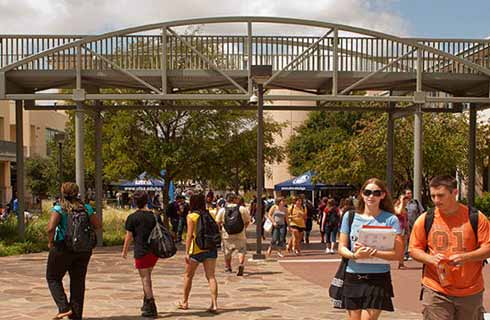
博士哲学
学历文凭
Ph.D.
开学日期
课程费用总额

其他相关课程

计算机科学哲学博士
 加州大学伯克利分校
加州大学伯克利分校学历文凭
Ph.D.
开学日期
课程费用总额

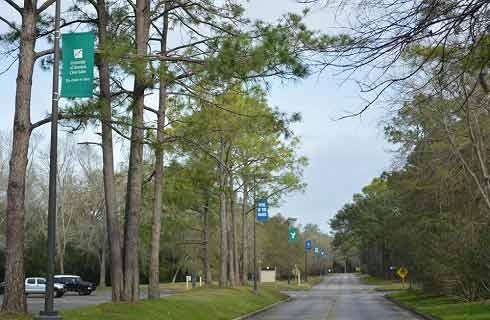
Bachelor of Science in Computer Science
 夏威夷大学马诺阿分校
夏威夷大学马诺阿分校学历文凭
Bachelor Degree
开学日期
课程费用总额

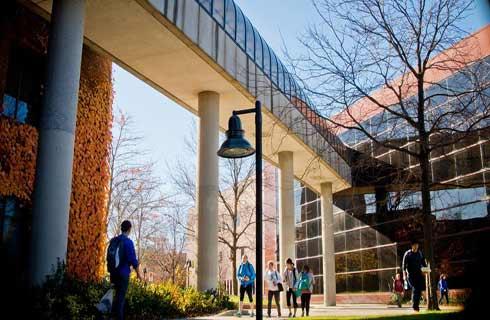
计算机科学与数学理学学士
 霍夫斯特拉大学-INTO USA
霍夫斯特拉大学-INTO USA学历文凭
Bachelor Degree
开学日期
课程费用总额


理学学士/计算机科学理学硕士
 加州大学圣塔芭芭拉分校
加州大学圣塔芭芭拉分校学历文凭
Combined Baccalaureate and Master's Prog
开学日期
课程费用总额

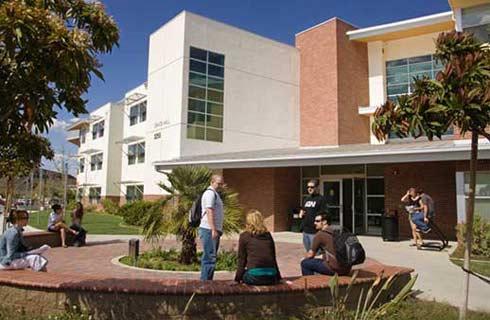
计算机科学硕士
 代顿大学
代顿大学学历文凭
Masters Degree
开学日期
课程费用总额

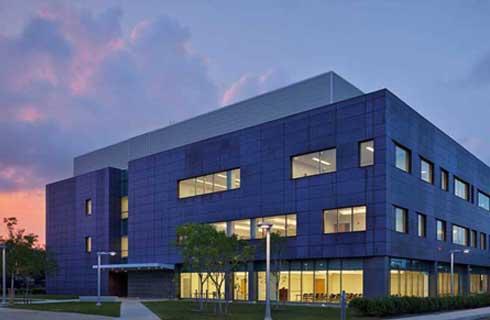
Doctor of Philosophy in Computer Science - Robotics
 犹他大学
犹他大学泰晤士高等教育世界大学排名:246
学历文凭
Ph.D.
开学日期
课程费用总额










 英国
英国